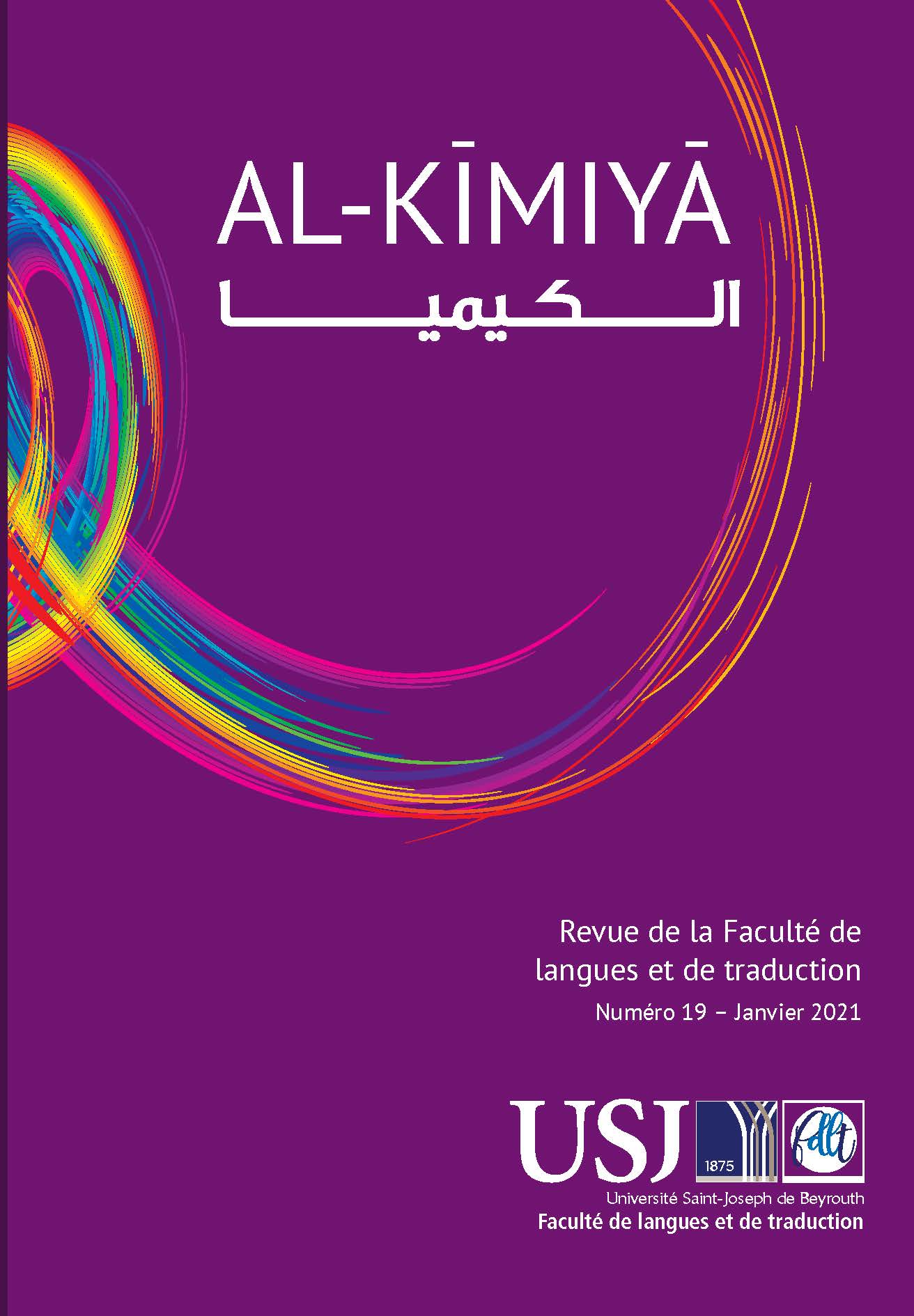Résumé
Language is a system of signifiers, and of the concepts signified by them; concepts which, as de Saussure has shown, are delineated by the relations between the semiotic signs which constitute language. Thus, understood as a system of concepts, then as Wittgenstein, Quine and Derrida et al recognized, language delineates the thoughts and understanding which it constitutes. Moreover, insofar as Hermeneutic Phenomenologists such as Heidegger recognized, and as cognitive psychologists such as Ames, and the Gestaltists, have demonstrated, our concepts mediate even our most basic perceptions, then language mediates, and thus delineates, our very experiences of the world also. While insofar as Hume, Husserl and others have revealed that we can have no knowledge of a Noumenal, or quasi-Noumenal, world of “Things-in-themselves” existing beyond, outside or independently of the phenomenalogically or empirically given world of “Things–as-they appear” to us in such experience – not even, contra Kant, that such a world exists – then clearly, in shaping our experiences, language, in addition to shaping our mental world, shapes our empirically given world also. Consequently, just as there is no way of insuring that even our basic physical and mental experiences and observations in one language have the same significance or meaning as, and are thus isomorphic with and unproblematically translatable into, those of another, and concomitantly just as there is no way of insuring that the experiences of subjects from different linguistic communities, of even the ostensibly “same” objects or events, correspond to each other – although interestingly enough, in accordance with Popper’s notions of falsification, we can, upon occasion at least, come to know that they do not – there is no way of insuring that different linguistic communities inhabit the same world. Indeed, there is, as we shall see, every reason to believe that they do not, and that differences in the different conceptual schemes of different languages not only result in the translational transformation of meanings, thought, and understanding, but in the translational transformation of empirical reality.

